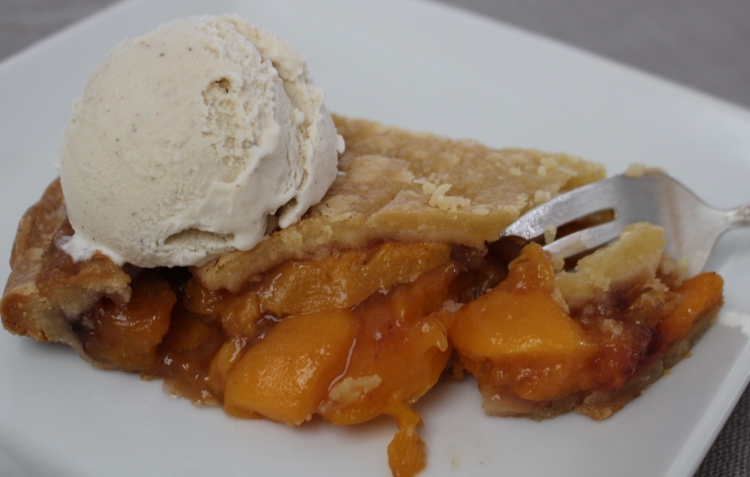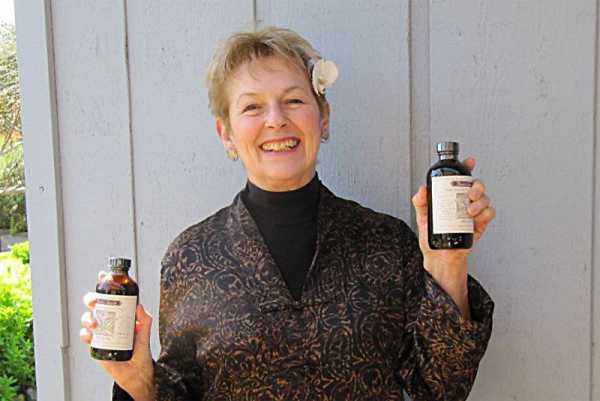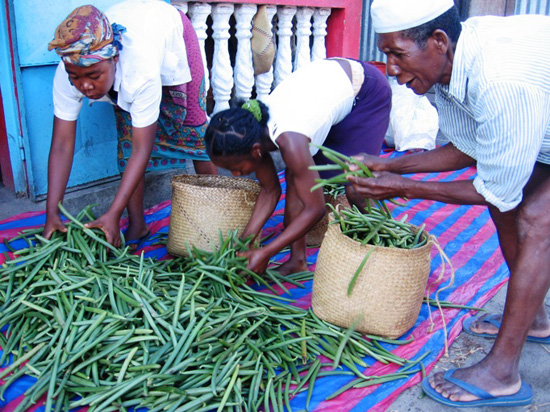
I'm amazed at how superior your vanilla is!
– Des, The Grommet
Black Pepper, Piper nigrum, comes from a flowering vine that produces a fruit containing a single seed. The fruit, when dried and used as a spice, is known as a peppercorn. The peppercorns and the ground pepper are variously referred to as black, white, red, pink, and green pepper, and sometimes, just pepper.
Black pepper is native to South India and continues to be grown there, as well as in many other tropical countries. It is a perennial woody vine that grows to about 15 feet. It is planted from cuttings and needs to be supported by poles, trellises or trees. It has small flowers that grow on pendulous spikes at the leaf nodes. The spikes continue to grow as the fruit matures. The plants produce fruits after four to five years and continue to produce fruits for seven years. The fruits are harvested when they begin to turn red at the base of the spikes, before the fruit is mature, but is full grown. The spikes are harvested and spread on the ground to dry; the pepper is then stripped from the spikes.
Pepper has been used as a spice in India since ancient times. Because of its world value as a commodity, it was once known as “black gold.” Up until the end of the Middle Ages, all of the black pepper found in Europe, the Middle East and North Africa came from the Malabar Coast of India. By the 16th century, it was grown in Indonesia, Madagascar, Malaysia and elsewhere, but was primarily traded to China or used locally. It was due to the value of pepper and other exotic spices that the Europeans attempted to find a sea route to India, which eventually led to the British colonial occupation of India. Spices were the critical factor in the discovery and colonization of the Americas. Pepper was used as money, and drove kings and queens to negotiate the trade of lands or even to launch wars over pepper and other spices.
Portugal controlled pepper along with other spices during the 1500s, but the Arab-Venetian trade routes made it possible to smuggle ample amounts of spices past their blockade and into Alexandria and Italy. In the 1600s, the Portuguese lost most of their Indian Ocean holdings to the Dutch and British, and South India and Indonesia were claimed by the Dutch between 1661 and 1663. As pepper became easier to come by, its cost diminished and it was no longer available only to the rich. Today, pepper accounts for a fifth of the world’s spice trade. Vietnam is currently the greatest producer and exporter of black pepper.
Black pepper is used in Ayurveda and other Indian medicines, as well as in traditional Chinese medicine. Research has indicated that piperine, the active ingredient that gives pepper its spicy heat, assists in the absorption of selenium, B vitamins and beta-carotene. It can be an irritant to the gastro-intestinal system, especially when cooked in foods. The outer fruit layer, which is left on black pepper, contains terpenes, which provide citrusy, woody and floral notes. These are missing from white pepper, which has been stripped of the fruit layer. Like many other spices, pepper loses its flavor very quickly after it is ground. For this reason, it is best to grind pepper from whole peppercorns and add it to cooked foods at the table rather than while cooking.
Pepper is used largely in savory foods, but its spiciness also adds an intriguing flavor to fruit jams, preserves, chutneys and desserts. It is added as a spice in some beverages and is used, along with salt and other spices, in the preservation of meats.
I was given a small bottle of Rain’s Choice in a gift basket and I have been hooked ever since. The flavor makes all of my baking so much better! I will never use grocery store vanilla again!


© 2021. All Rights Reserved
Designed/Developed by Kat & Mouse